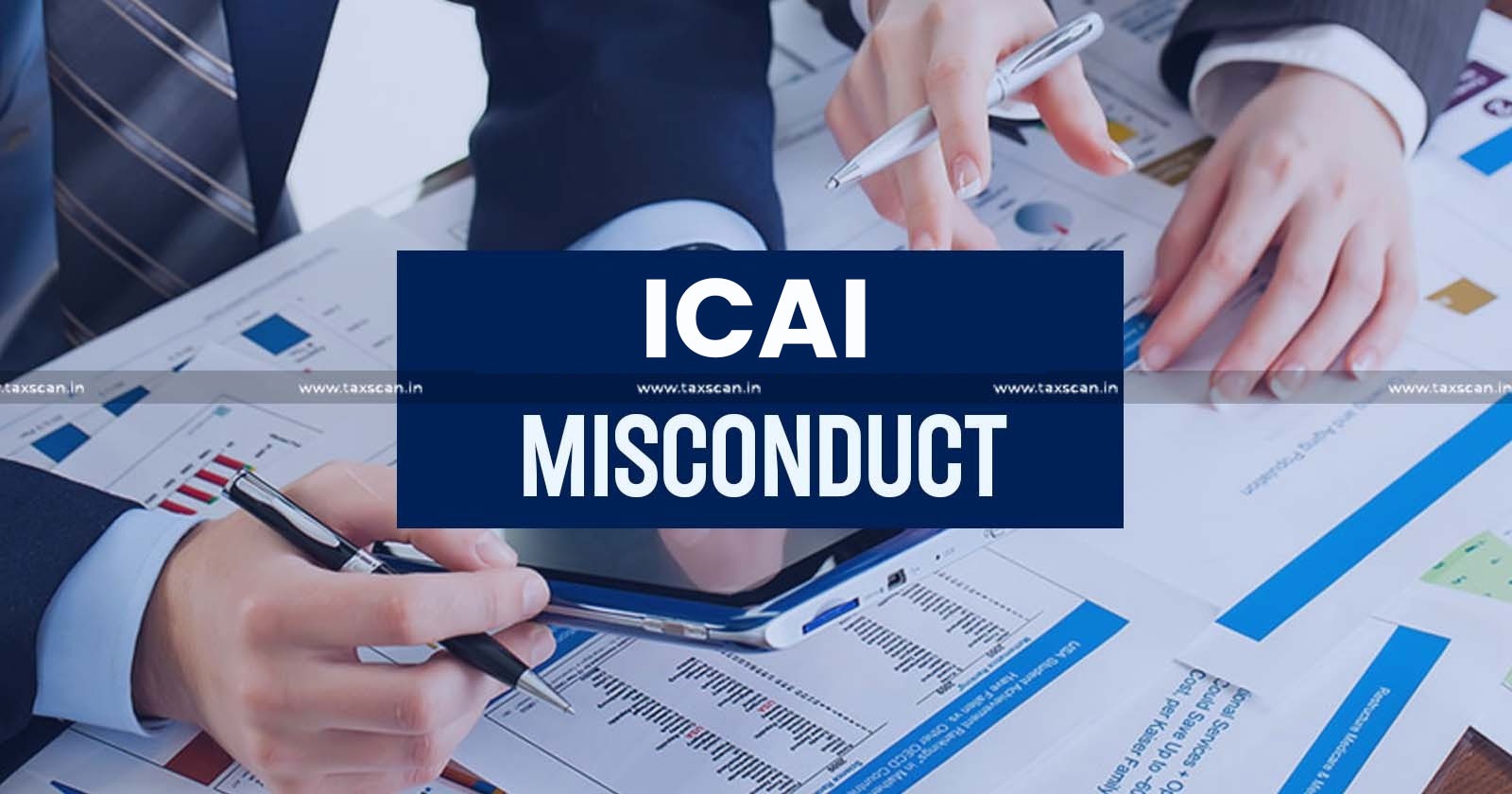@JUDGMENTTAG-ORDER
Honourable Mr. Justice P.R. Shivakumar
1. The first accused in C.C. No. 3396/2007, which is now pending on the file of the XI Metropolitan Magistrate, Saidapet, Chennai, is the petitioner herein. Rajesh @ Rajesh Kannan, the first respondent in the petition preferred a complaint against the petitioner and the respondents 2 to 4 alleging criminal conspiracy, fabrication of documents and other offences. As no action was taken by the police, he had to approach the High Court for a direction to the police to register a case based on his complaint. Accordingly, pursuant to a direction issued by this court, a case was registered in Crime No. 483/2005 on the file of the Sub-Inspector of Police, Central Crime Branch, Team-III, Egmore, Chennai for alleged offences punishable under sections 419, 468, 420 and 120-B IPC. The Sub-Inspector of Police, Central Crime Branch, Team-III, Egmore, Chennai, after completing the investigation, submitted a final report praying for the closure of the case as mistake of fact. On receipt of notice of the referred charge-sheet, the first respondent herein/de-facto complainant, preferred a protest petition in the form of a private complaint, objecting to the closure of the case and praying for rejection of the final report and also for taking cognizance of the alleged offences following the private complaint procedure. Accordingly, the learned XI Metropolitan Magistrate, Saidapet, Chennai recorded the sworn statement of the first respondent herein/de-facto complainant and also the sworn statements of the witness produced by him. The witnesses thus produced by the first respondent/de-facto complainant gave statements on oath, supporting the averments found in the complaint. It is also pertinent to note that the first respondent/de-facto complainant produced the report of a hand writing expert in support of his case that the accused persons had forged and fabricated a lease deed to grab the property. He also produced other documents containing his signatures for the purpose of comparison with the disputed document. After considering the said materials placed by the de-facto complainant, namely the first respondent herein and also the sworn statements made by the de-facto complainant and by the witnesses produced by him, the learned XI Metropolitan Magistrate, Saidapet, Chennai formed an opinion that a prima facie case was made out against the accused persons, namely the petitioner and the respondents 2 to 4 for offences punishable under sections 419, 468, 420 and 120-B IPC and chose to issue process for their appearance to answer the charge. At that juncture, the petitioner filed the present petition u/s 482 Cr.P.C for quashing the criminal proceedings initiated based on the protest petition/private complaint.
2. This court, after admitting the present petition and directing notice to be issued to the respondents, directed that the matter should be placed before the Tamil Nadu Mediation and Conciliation Centre attached to the High Court. The said portion of the order was challenged before the Hon''ble Supreme Court in Criminal Appeal Nos.624-625 of 2009. The Hon''ble Supreme Court granted leave and allowed the appeals on special leave and set aside that portion of the order referring the matter for mediation on the ground that some of the offences, especially the offence u/s 468 IPC, is not a compoundable offence and the matter should not have been referred for mediation. Thus the matter has been again listed before me for final hearing and disposal pursuant to an order passed by My Lord The Hon''ble The Chief Justice on the administrative side.
3. The submissions made by Mr.G.Rm.Palaniappan, learned counsel for the petitioner, by Mr.A.M.Mohan, learned counsel for R1, by Mr. K. Harishankar, learned counsel for R2, by Mr. Nissar Ahmed, learned counsel for R3 and R4 and by Ms. M. Narmada, learned Govt. Advocate representing Mrs. M.F. Shabana, Government Advocate (Crl. Side) for R5 were heard. The materials available on record were also perused.
4. Upon perusing the records and considering the same in the light of the submissions made on both sides, this court comes to the conclusion that no case has been made out by the petitioner for quashing of the criminal proceedings. The reasons are as follows:
i) The main contention of the learned counsel for the petitioner is that the first respondent/de-facto complainant having failed to cooperate with the Investigating Officer and paved the way for the submission of a negative report recommending for the closure of the case as mistake of fact, should not have been allowed to fill up the gaps by preferring private complaint in the form of a protest petition. The other contention raised by the learned counsel for the petitioner is that even on the face of the allegations found on the protest petition/private complaint, no prima facie case is made out and the same shows abuse of process of court, which will lead to miscarriage of justice. None of the above said submissions made by the learned counsel for the petitioner is tenable.
ii) The Investigating Officer seems to have blindly reacted on the alleged failure of the first respondent/de-facto complainant to appear and produce necessary documents. Even if it is assumed that the de-facto complainant/first respondent did not produce those documents, the same shall not be enough for the Investigating Officer to close the case as mistake of fact without considering the other materials collected during investigation. In fact apart from the statement of the first respondent/de-facto complainant u/s 161 Cr.P.C., statements of other witnesses were also recorded by the Investigating Officer. The certified copy of the disputed agreement, which according to the de-facto complainant is a forged one, was also available with the Investigating Officer. But it seems, the Investigating Officer had not chosen to take steps to find out whether those documents were genuine or forged. Under such circumstances alone, the first respondent/de-facto complainant was forced to approach the trial court by way of a protest petition in the form of private complaint.
iii) The complaint, no doubt, does not refer to any specific penal provision. But, it is a settled proposition of law that to set the criminal law in motion, the complaint need not cite any penal provision and even citing a wrong penal provision will not be a ground for rejection of the complaint, if the Magistrate is otherwise satisfied that prima facie case for offence cognizable by him is made out by the averments found in the complaint. A duty is cast upon the Magistrate to find out whether any offence is made out and if so, what the offence is. The learned XI Metropolitan Magistrate, Saidapet, Chennai fully complied with the requirement of Section 200 Cr.P.C., besides postponing the issue of process for collecting more particulars and on collection of more particulars sufficient to make out a prima facie case, the learned XI Metropolitan Magistrate has chosen to issue process after taking the protest petition as C.C. No. 3396 of 2007. The procedure adopted by the learned XI Metropolitan Magistrate, Saidapet, Chennai cannot be found fault with. The contention of the learned counsel for the petitioner that the materials available on record are not sufficient to make out a prima facie case to make the petition stand for the trial also cannot be acceped. The other contention of the learned counsel for the petitioner that the protest petition is nothing but an abuse of process of law, which may lead to miscarriage of justice is a contention made only for the sake of making a contention and hence liable to be rejected.
5. For all the reasons stated abvoe, this court comes to the conclusion that there is no merit in the petition and the same deserves dismissal. Accordingly, the criminal original petition is dismissed. Consequently, the connected miscellaneous petition is closed.

